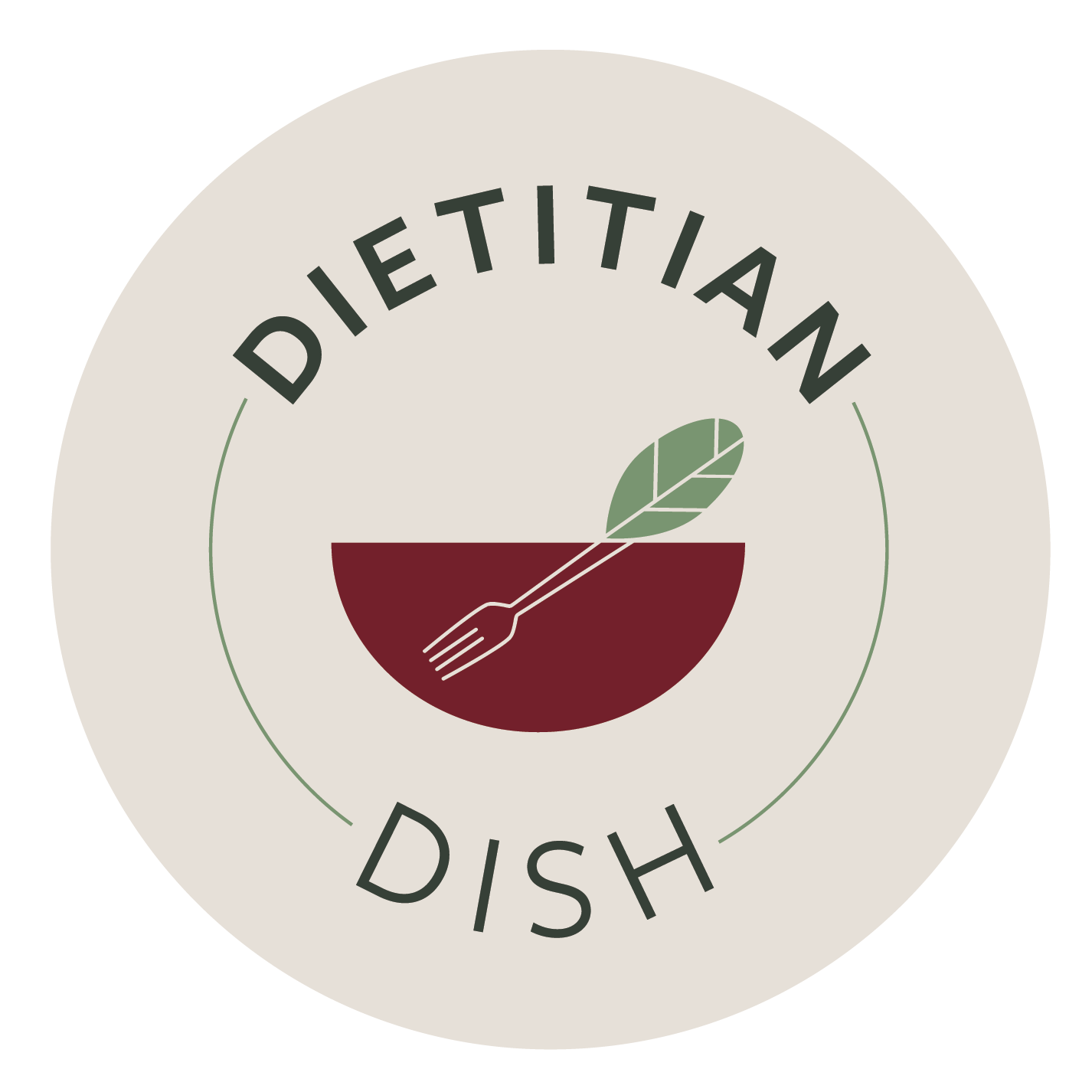Should You Be Worried About Seed Oils?
If you’ve been on social media lately, you’ve probably heard people warning about the “dangers” of seed oils—claiming they cause everything from inflammation to weight gain to chronic disease. As a registered dietitian who believes in nourishing rather than fearing food, I wanted to take a moment to break this down with some science-backed perspective—and explain why seed oils aren’t the villains they’re made out to be.
So, what are seed oils?
Seed oils are oils extracted from the seeds of plants. Common ones you’ve likely used or seen on ingredient lists include:
Canola oil
Soybean oil
Corn oil
Sunflower oil
Safflower oil
“Vegetable oil” (often soybean- or corn-based)
They’re widely used in processed foods and restaurant cooking because they’re inexpensive, neutral in flavor, and have a long shelf life.
Why do they get such a bad rap?
Most of the backlash around seed oils centers around these concerns:
High omega-6 content
Omega-6 fatty acids are essential, but many people consume them in much higher amounts than omega-3s, which has led to concern that this imbalance could contribute to inflammation.
➤ Reality check: Current research doesn’t support the idea that omega-6s are inherently inflammatory when consumed as part of a balanced diet. In fact, linoleic acid (the main omega-6 in these oils) has been shown to lower LDL cholesterol and support heart health when it replaces saturated fats.Chemical processing
Seed oils are often extracted using solvents like hexane and go through refining steps. That sounds scary, but these processes are regulated and leave behind negligible residues. Refining also improves shelf life and smoke point.Oxidation at high heat
Polyunsaturated fats (like those in seed oils) are more prone to oxidation when repeatedly heated, such as in deep-frying. This can create compounds that may be harmful in large amounts over time.
➤ Good to know: You can reduce any risk by not reusing oils for frying and using more stable oils (like olive or avocado) for high-heat cooking.
My take as a dietitian: Let’s zoom out
I’m not here to tell you seed oils are “superfoods”—but they also don’t deserve the hysteria they get online.
Most people aren’t getting high amounts of seed oils by cooking with a little canola at home. The issue is more often the over-reliance on ultra-processed foods, which happen to contain seed oils plus added sugars, sodium, and refined grains. When we reduce processed food intake and focus on whole, nutrient-dense meals, seed oil consumption naturally balances out.
So… Should you avoid seed oils?
No need. But here’s what I do recommend to clients:
Focus on variety and balance:
Rotate your oils just like you do your foods. Some great options include:
Extra virgin olive oil – for drizzling, salad dressings, and low to medium heat cooking.
Avocado oil – great for high heat (roasting, sautéing).
Canola oil – neutral flavor, light, and works well in baking or pan cooking.
Sesame oil – use in small amounts for flavor in Asian-inspired dishes.
Walnut or flaxseed oil – excellent omega-3 sources, best for cold dishes.
How I use oils in real-life cooking:
Olive oil to roast a sheet pan of veggies with garlic and lemon zest.
Avocado oil to sauté shrimp or tofu for grain bowls.
Canola oil in homemade muffins or pancakes for a moist, light texture.
Sesame oil to finish off a stir-fry with broccoli, snap peas, and noodles.
Bottom line:
You don’t need to “detox” from seed oils or fear a little canola oil in your vinaigrette. What matters most is your overall dietary pattern—and that includes plenty of whole foods, plants, lean proteins, healthy fats, and enjoyment.
As always, I’m here to help you navigate nutrition with a balanced, shame-free, and evidence-based approach. Have questions about oils or what’s right for your kitchen? Let’s chat!
Want to work with me? I accept most major insurances, often with $0 out-of-pocket costs. Book a free 15-minute discovery call here to learn more about what it looks like to meet with me and my approach to nutrition counseling.
